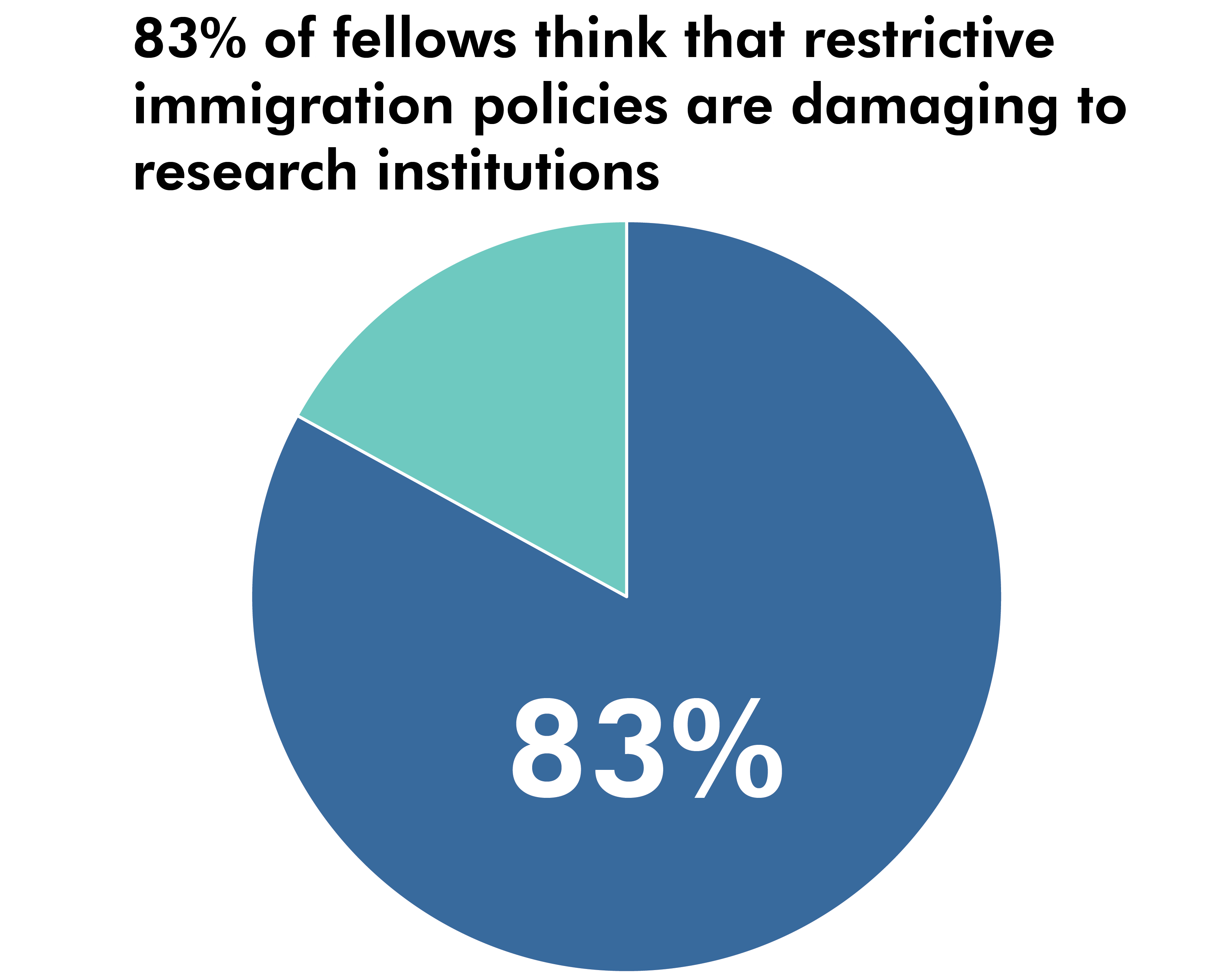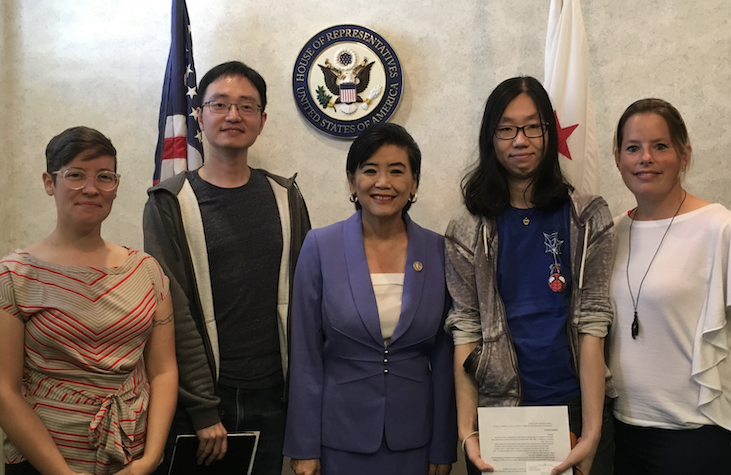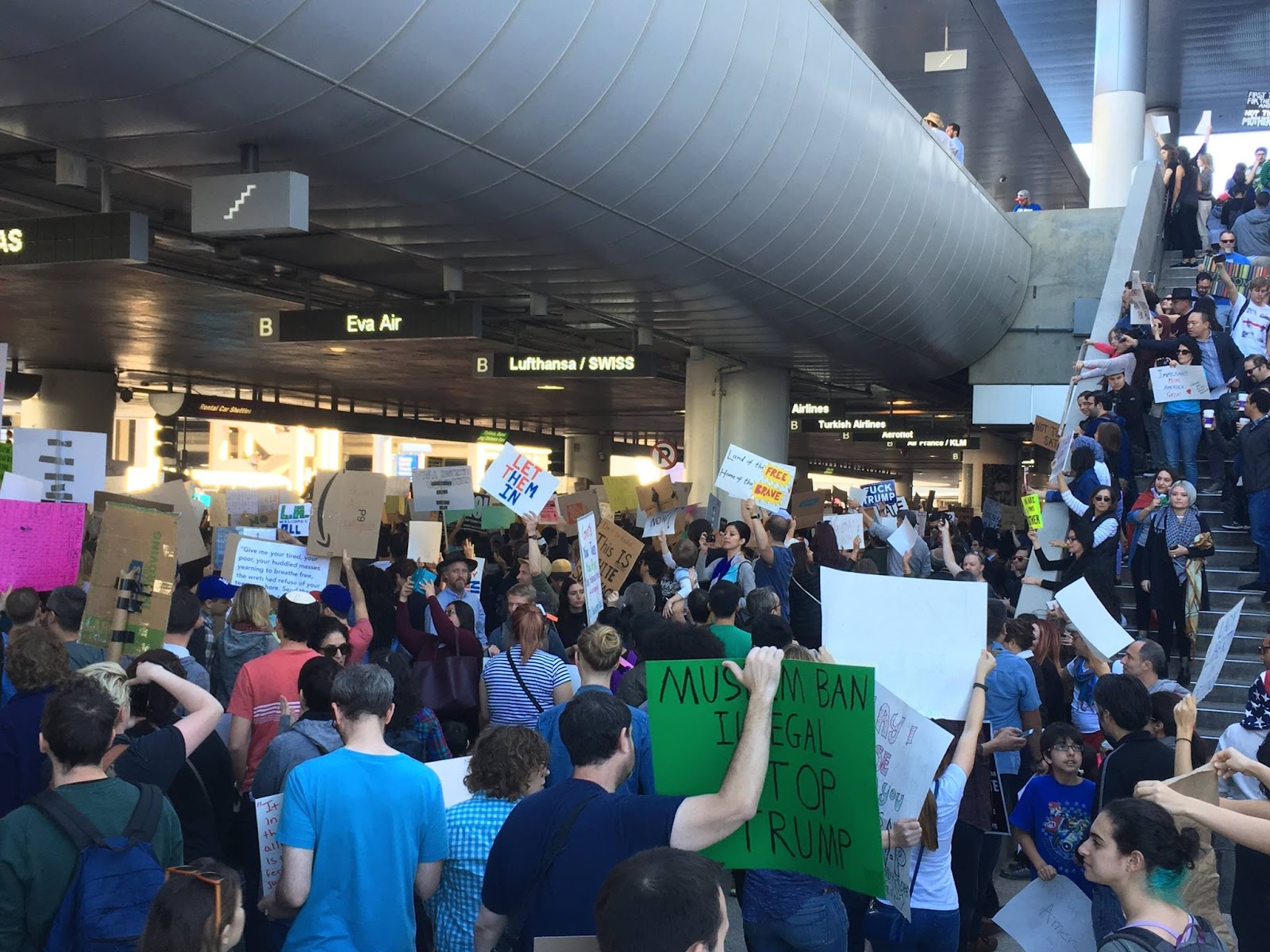International Researchers
International scholars face significant challenges and precarity due to their visa status. Incoming fellows often face confusion, challenges, and delays in visa processing. These issues can be very disruptive to our careers and many report little to no support from the NIH in navigating the process.
Fellows at all research institutions, including the NIH, have a visa status that is tied to their appointment length. Short appointment lengths force visiting fellows to make frequent trips to their home country for visa renewals. Many international fellows report needing to spend most of their vacation time every year waiting on visa processing in their home country.
In addition, when fellows on J-1 visas seek to waive the two year home country requirement, the NIH will only provide a favorable review once the fellow has a US job offer in hand, even though this is not required by the US Department of State. Due to the long processing times of the waiver, this creates an undue burden on fellows wishing to continue their career in the US and contribute to scientific advancement here.
By forming a union, we will be joining tens of thousands of other UAW Academic Workers in advocating for the rights of international researchers. UAW has been a strong advocate for immigrant rights, including expanding the rights of researchers on H-, J-, and F- visas. UAW also helped win the OPT STEM extension.
UAW Academic workers at other institutions have been central in the efforts to push back against racist immigration restrictions that affect international researchers, such as attempts to restrict H-1B, Trump’s Muslim Ban, and attempts to unfairly restrict the visas of Chinese scholars.


UAW Local 2865 and UAW 5810 union members with Congresswoman Judy Chu discussing her Dear Colleague Letter in support of Chinese international students at her office in Pasadena, 2018

UAW Academic Workers participate in protests against Trump’s Muslim Ban, 2017
